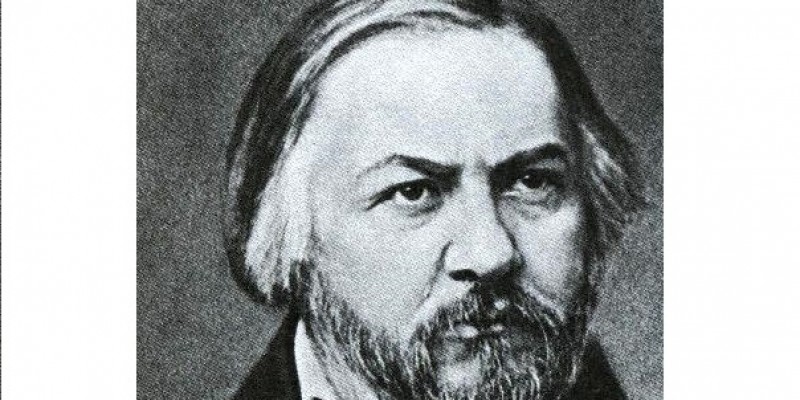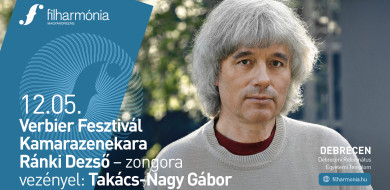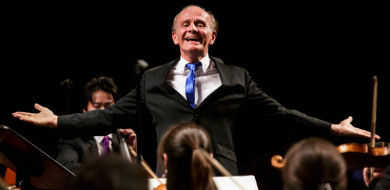His first opera was set in 1612, and it told the story of the Russian peasant and hero Ivan Susanin who sacrificed his life for the Tsar by leading astray a group of marauding Poles who were hunting him. In the opera, Mikhail Glinka wanted to glorify a plain peasant, the greatness of the Russian national character, his courage and unmistakable stamina. The composition thus became the first Russian opera that was written totally without speaking dialogues; and for the first time in Russian musical history the peasant acted not as a common character, bur as a heroic personality. His forthcoming opera, Ruslan and Luydmila was based on Pushkin’s poem. Its performance was a failure and as a result Glinka lost the support of the court. Franz Liszt on his visit tried to defend the genius of his fellow composer, but his efforts seemed to be in vain.
Mikhail Glinka was the founder of the nationalist school of Russian composers and is often regarded as the father of Russian classical music.










